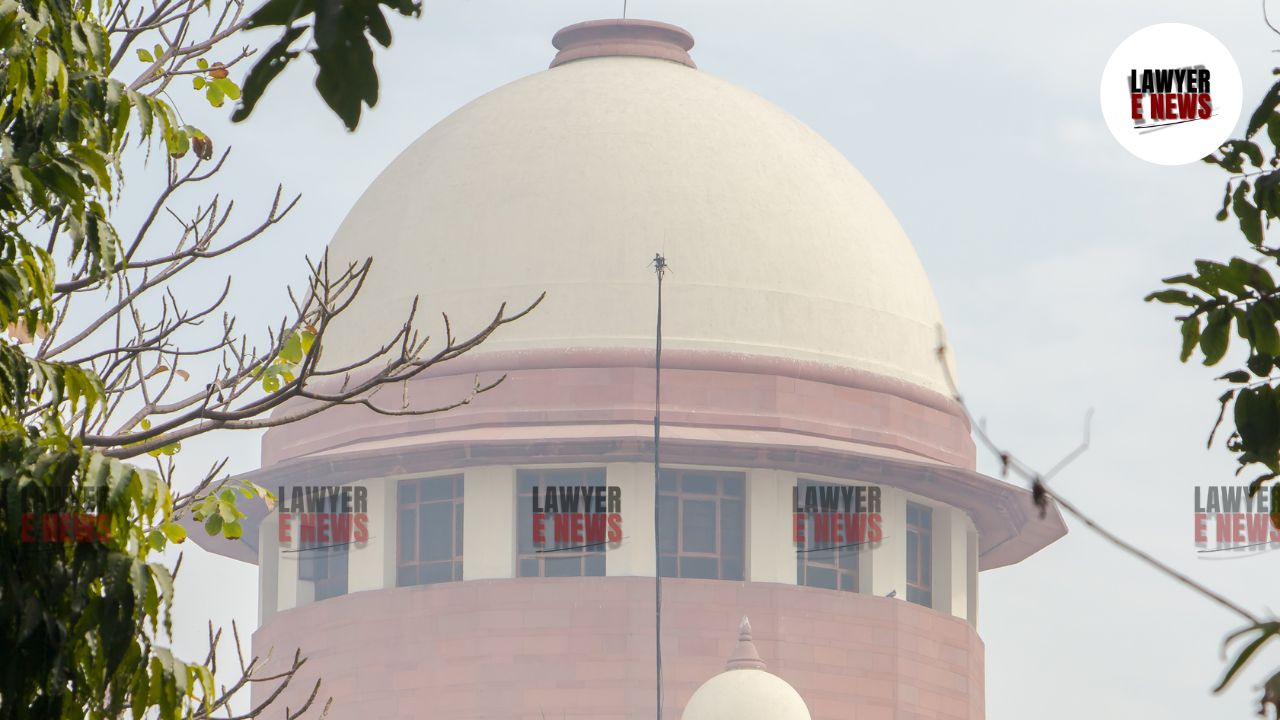-
by Admin
15 February 2026 5:35 AM



Supreme Court of India clarified significant issues surrounding consent in long-term consensual relationships and its implications in criminal law. The case revolved around an FIR filed against the appellant under Sections 376, 420, 504, and 506 of the Indian Penal Code (IPC), alleging rape under the pretext of a false promise of marriage.
The appellant, a social worker, faced allegations of sexual exploitation by the complainant, who claimed that he engaged in sexual relations over a prolonged period (2008–2017) based on a promise of marriage. The appellant contended that the relationship was consensual and any such allegations arose only after he ceased financial assistance to the complainant. The Bombay High Court had dismissed the appellant’s plea to quash the FIR, leading to the present appeal.
Justice Nongmeikapam Kotiswar Singh, writing for the Bench, delved into the nuances of Section 375 IPC, which defines rape, and Section 90 IPC, which deals with consent vitiated by fear or misconception of fact. The Court reiterated:
“Consent under Section 375 must involve an active and reasoned deliberation. To vitiate such consent, the promise of marriage must be demonstrably false from the outset and be the proximate reason for engaging in sexual relations.”
The Court emphasized that prolonged relationships without protest or insistence on marriage by the complainant indicate consensuality rather than coercion or deceit. It further added:
“Criminality cannot be imputed to a long-term relationship merely because it has turned sour. Misuse of criminal jurisprudence in such instances leads to serious consequences and abuses the process of law.”
Duration and Nature of Relationship: The Court noted that the decade-long relationship between the appellant and the complainant, coupled with the absence of protest or objection during this time, undermined claims of coercion or false promise.
Intent and Misrepresentation: For criminal liability to attach under Section 376 IPC, it must be shown that the promise of marriage was made with malafide intent at the outset. In this case, no such intent could be inferred.
Delayed Allegations: The Court remarked that the complainant’s accusations surfaced only after financial assistance ceased, raising doubts about their veracity.
Misuse of Criminal Law: Highlighting a worrying trend, the Court cautioned against attempts to criminalize consensual relationships after they deteriorate.
The Court quashed the FIR, holding that:
“The prolonged continuation of physical relationship without demurral neutralizes criminal culpability. To allow prosecution under such circumstances would amount to an abuse of the process of court.”
While the Court affirmed the complainant’s right to seek alternative remedies under civil or other legal frameworks, it underscored the need for caution in criminalizing consensual relationships. It reiterated:
“We must tread carefully when dealing with human relationships, which are dynamic and influenced by complex emotions. Each case must be judged on its unique facts and circumstances.”
The judgment in Mahesh Damu Khare sets a precedent in addressing the thin line between consensual relationships and allegations of coercion under the guise of false promises. By quashing the FIR, the Court has reinforced the principle that criminal law should not become a tool for settling personal grievances in consensual relationships. The ruling not only provides clarity on the scope of Sections 375 and 90 IPC but also serves as a safeguard against the misuse of criminal justice mechanisms.
Date of decision: 26/11/2024
